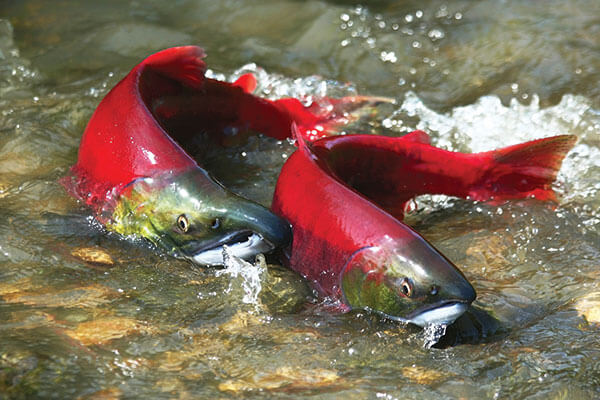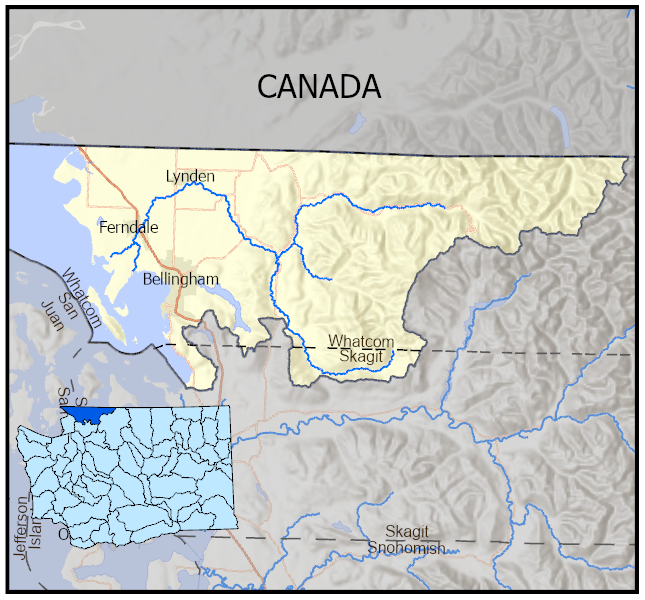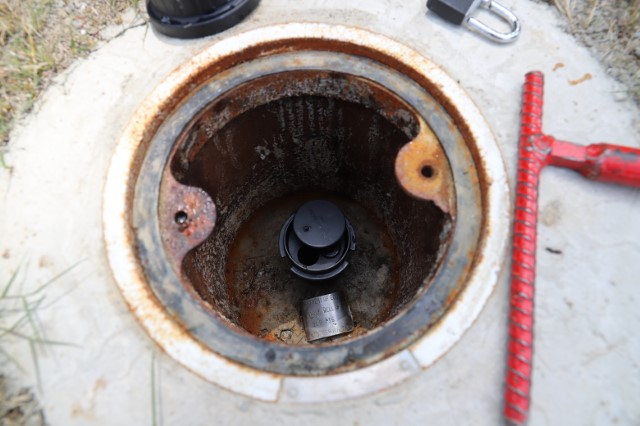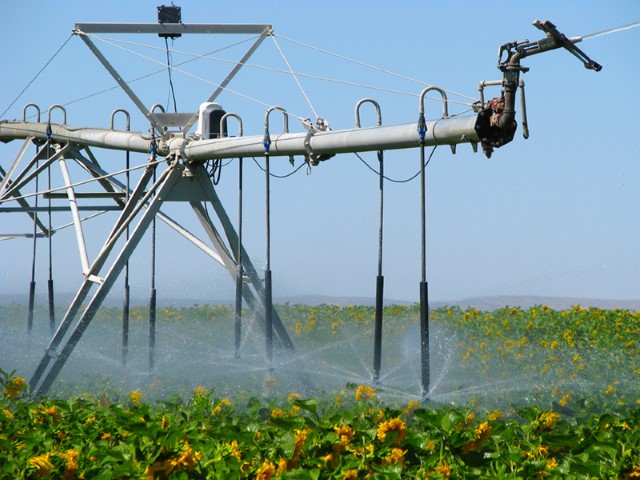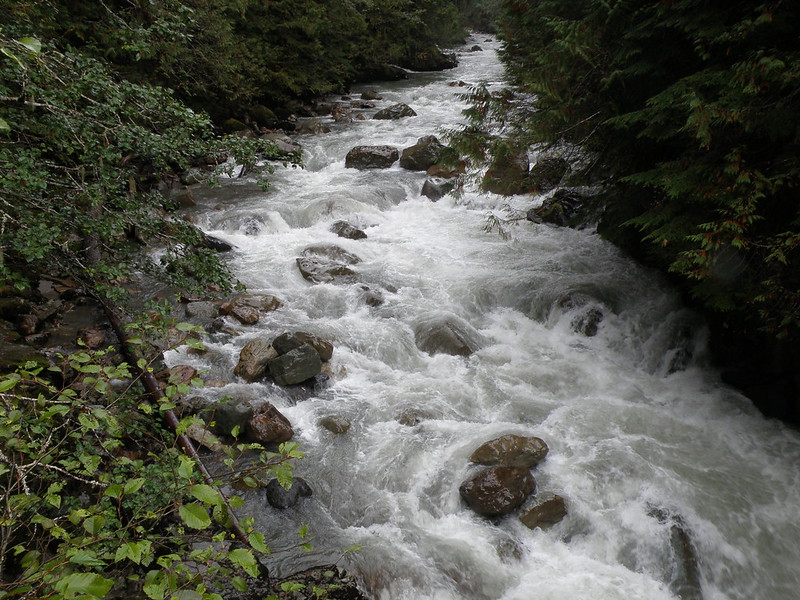
Plans at Ecology for a water rights adjudication in WRIA 1 (Nooksack) are underway with an anticipated filing date in late summer 2023. The exact date will be determined when we have more information about funding and court readiness. As part of our ongoing outreach efforts, we are answering questions from the public as they arise.
In January 2021, we released a focus sheet that answered some questions about adjudication. Some of the questions we’ve received since then are answered below.
Questions and answers on adjudication
There is significant interest among Nooksack Basin water interests in a collaborative effort on water resources issues — what can Ecology do to initiate or support collaboration on these issues?
We have been a leader in collaborative work in this watershed, WRIA 1, for more than 30 years. We adopted the instream flow rule in 1985 and have defended water use in litigation. We have worked on numerous settlements and creative solutions over the past 25 years, providing technical assistance to Whatcom County and providing millions of dollars in grants for water resource projects.
Our ability to develop solutions is limited by the law — prior appropriation, permit requirements, and instream flow rules.The challenge of water use and instream needs cannot be resolved without consideration of the significant water claims by tribes and federal parties. Most recently, we passed through $250,000 in funding to Whatcom County for a Solutions Table process between 2021 and 2023.
We also coordinated a Solutions Showcase for stakeholders in the Nooksack Basin to highlight some of the solutions that have worked elsewhere in the state and to start discussion about possibilities in the Nooksack. Ultimately, we see work toward negotiated solutions as a parallel process that is best undertaken as a part of adjudication.
Who needs to participate in the adjudication?
The adjudication will include all water use within the Nooksack Watershed. If you use water only as a customer of a city or group water system, you do not need to participate in an adjudication. Every other water user will be notified of the adjudication and provided with a claim form that can be completed online or on paper. All users need to file a claim for the water they use and explain the legal basis for its use. We will provide resources for this process.
How will exempt well uses be adjudicated?
We plan to propose a simplified process for small permit-exempt well use. This would apply to current homes using 500 gallons per day or less. These users would claim the date of first use and certify that the use has been continuous at a quantity of 500 gpd or less. We may investigate the accuracy of the claim.
Then we will ask the court to provide an adjudication certificate for up to 500 gallons per day per home. This will provide an accurate, enforceable inventory of existing homes.
Permit-exempt well users who take larger quantities (more than 500 gallons per day) would need to submit a claim showing the history, purpose, and place of use of their water. They will be entitled to an adjudication certificate in the amount of legal water use up to 5,000 gallons per day (or more for qualifying stockwater use).
Some water users in the Nooksack Basin have water right applications that have been pending with Ecology for decades. How will those applications be treated in an adjudication?
In adjudication, every water user will need to file a claim for the water they use and explain the legal basis for its use. We have worked with permit applicants for many years to determine if water is legally available for pending applications and continue to work to approve applications where water is legally available.
How do the state’s efforts on flood control and transboundary water management issues with British Columbia relate to a water rights adjudication?
Flood control and transboundary water management are complex legal and hydrologic issues. A water rights adjudication addresses the limited question of who has the right to use water in WRIA 1, and how much water is legally required to stay in-stream in the rivers and creeks. Streamflows are low during fish-critical times, despite sometimes serious flooding in other seasons. Adjudication will ensure that the State of Washington is responsibly managing its own use of water and protecting legally required streamflows when working on legal and infrastructure solutions with international and federal parties.
By contrast, flood management in the transboundary area focuses on building resiliency in the floodplain while protecting lives and critical infrastructure. We are working with both local and international partners on plans that include measures such as acquisition of vulnerable properties, elevating buildings, and setting back levees, among other solutions. While flood management and adjudication have very different approaches and goals, both are priorities for us.
How will adjudication affect farms?
The adjudication will provide adjudicated water right certificates for all legal water right holders, including those with water rights for irrigation, commercial and industrial uses, and stock water purposes. Those without legal rights will need to buy or lease legal water. Adjudication does not affect zoning, comprehensive planning, or other land-use decisions. These are the responsibility of county governments.
If water right holders cannot afford legal representation, can they participate in the adjudication?
Yes. Although anyone may hire a lawyer, we are working with the courts to develop a filing process designed for unrepresented parties. We plan to make the water rights adjudication as simple as possible. After adjudication is filed with the Whatcom County Superior Court, water-right holders will receive notification in the mail, with claims forms that can be completed by hand. We will also place public notices in local newspapers and have information available on our website. We will help water users find information about their water rights. We will have assistance available by phone and online. Even if water users decide they want a lawyer, they do not need to participate in every court decision, only their own water right.


